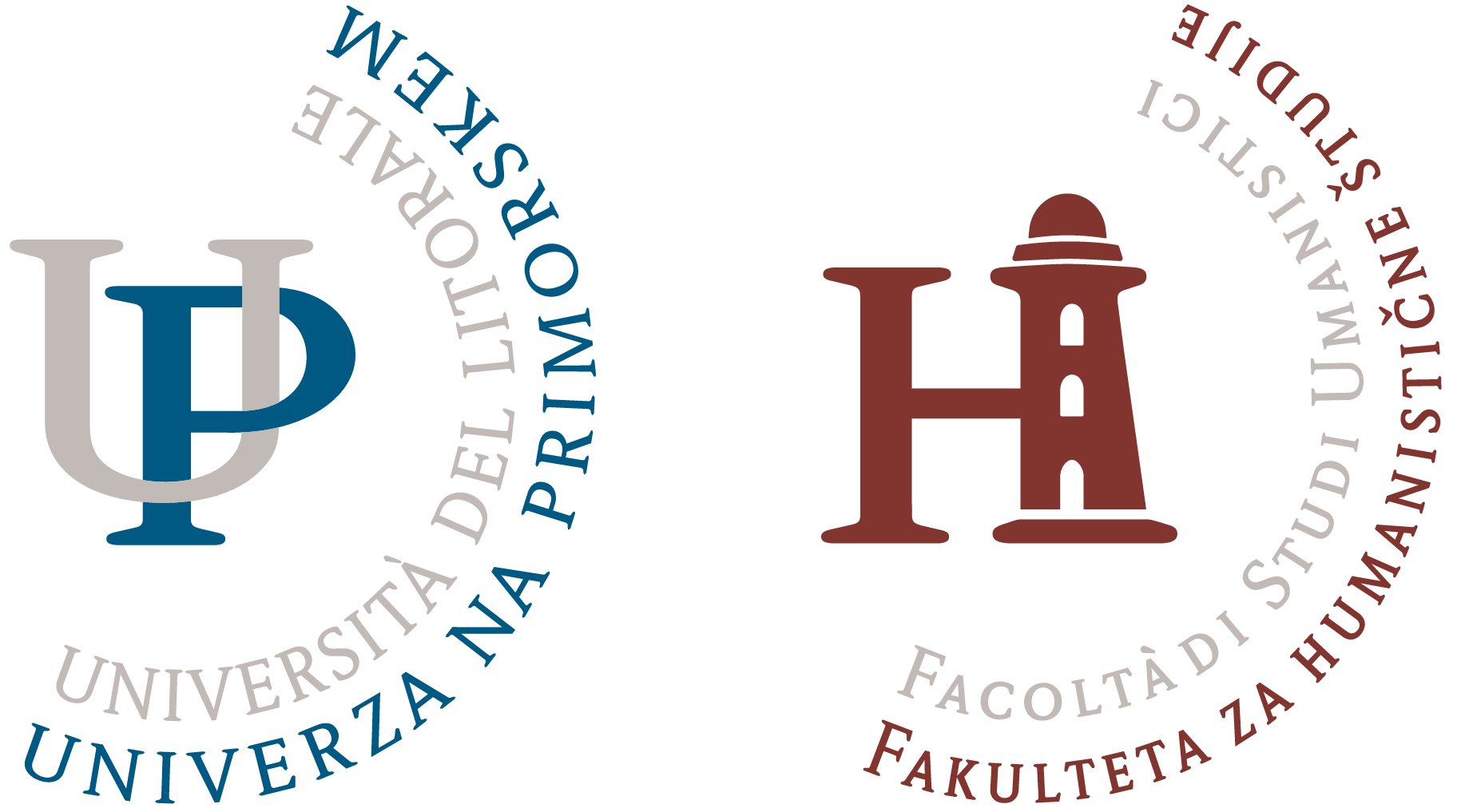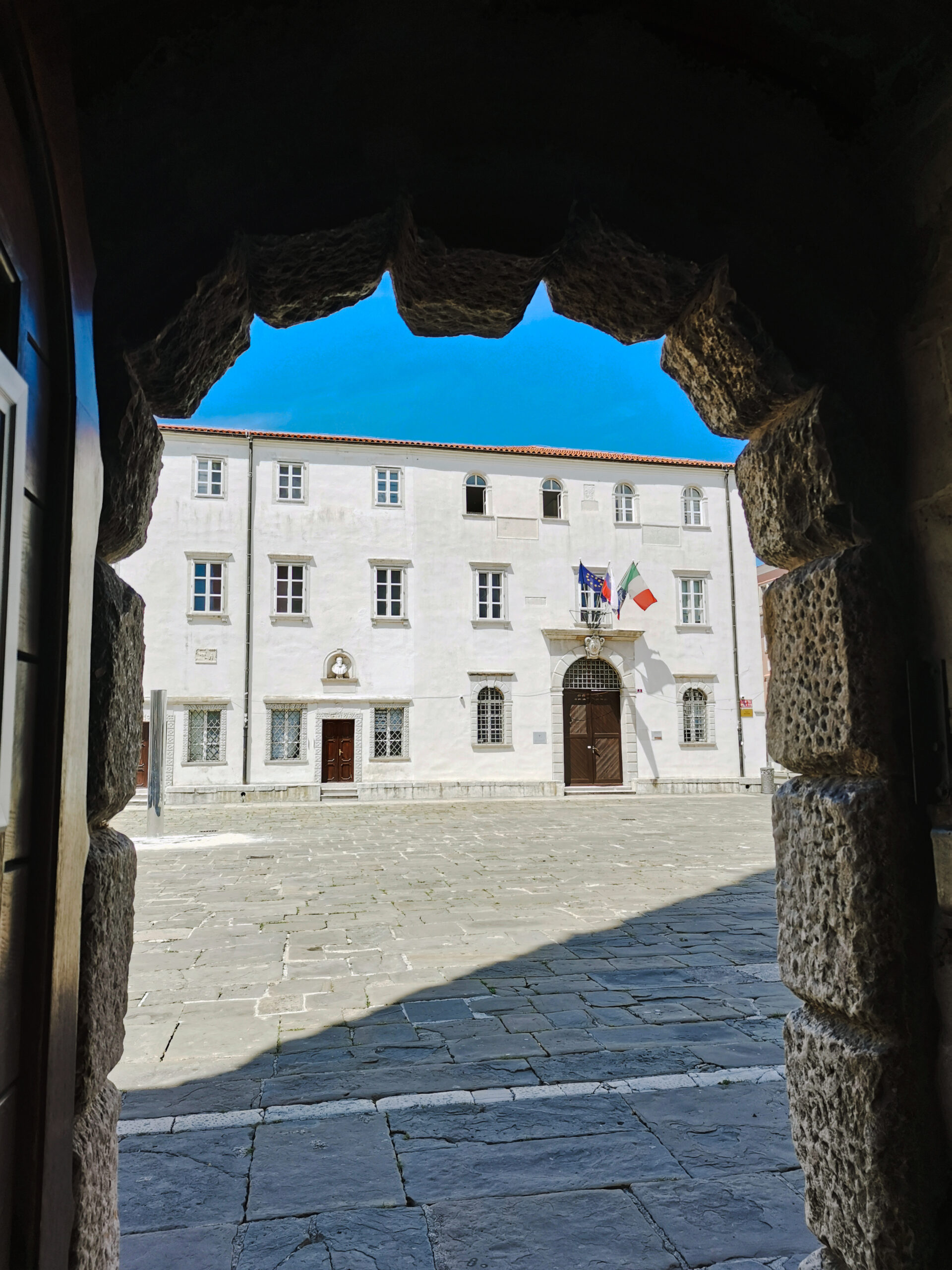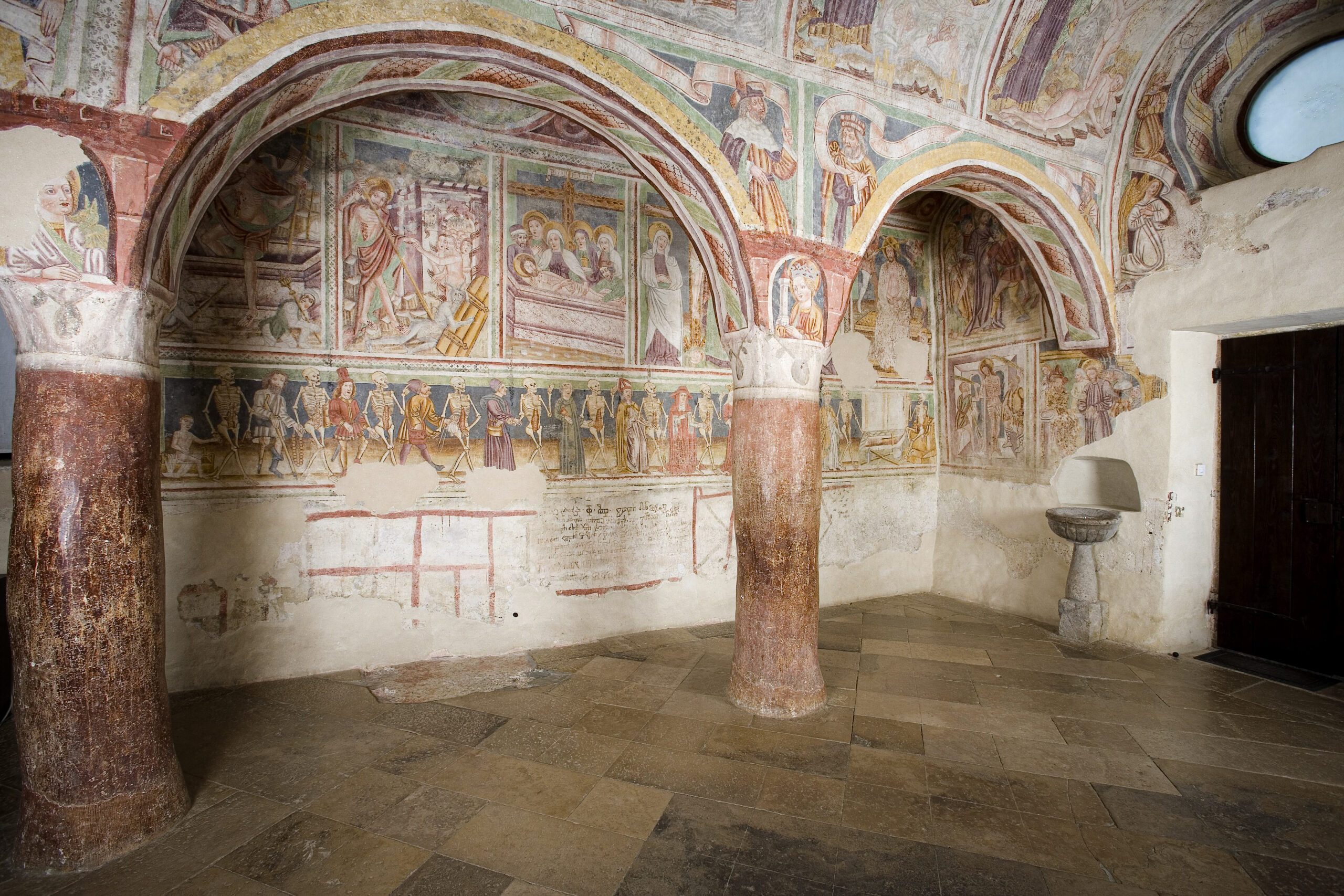History of Europe and the Mediterranean
Doctoral Study Programme
Presentation
The fundamental goal of the study program of the doctoral study program is to offer professional and methodological support to doctoral students in their individually planned studies. The study is divided into two phases. In the first phase, studies take place in organized forms of study (subjects with seminars), in the framework of which the student is guided to a complex study of historical sources, and then the student continues with independent research work and the preparation of a doctoral dissertation. In organized forms of work – compulsory and optional subjects, students first gain a scientifically in-depth insight into the selected historical content; then they upgrade their knowledge innovatively with independent research work. Doctoral students independently develop new knowledge and are capable of solving the most demanding problems by testing and improving known ones and discovering new solutions, they are qualified to manage the most demanding work systems and scientific research projects in the scientific field. They are familiar with the methodological approaches and concepts of international historiography and their theoretical starting points, and at the same time they are able to judge and improve them. The integration of knowledge with other humanities and social science disciplines is encouraged, as well as the development of new knowledge that will contribute to the development of a knowledge society, which is one of the priorities of the European research area.
Programme information
Curriculum
Title and Level of Qualification
Doctor of Sciences
Type and Duration
Doctoral, third cycle, part-time study
Duration: 3 Years / 180 ECTS
Classification (KLASIUS-P-16)
0222 history and archaeology
Admission Requirements
Admission to the first year of study shall be granted to the candidates who have completed:
a) a master’s (second cycle) study programme;
b) an undergraduate academic study programme, adopted before 11 June 2004 (pre-reform study programme);
c) a specialisation study programme after having graduated from a study programme, adopted before 11 June 2004 (pre-reform study programme), if a candidate has completed all the study obligations relevant for further study prior to enrolment. Study obligations in the amount from 30 ECTS to 60 ECTS credit points are determined by the competent Faculty Commission, based on the individual application, taking into account the field of previous study. Additional examinations must be completed prior to entry into the programme or during the previous study;
d) an unified master’s study programme, if the study programme carried 300 ECTS credit points and lasted 5 years;
e) a comparable education abroad and have been, in the process of recognition of their qualification and in accordance with Assessment and Recognition of Education Act, legally granted the right to continue their studies in the study programme.
In Case of Enrolment Limitation
the candidates are selected according to:
- the average grade on all previous exams (50 %) and
- grade reached on the oral exam (interview) before an expert Commission (50 %). Elective courses can be supplemented up to the extent of 30 % by scientific and research achievements supplied in the candidate’s applications.
Additional Documents required for the Admission Procedure
Along with the application candidate shall also enclose:
1) short research proposal for the doctoral study and
2) basic personal data of the candidate.
The research proposal (7,000-15,000 characters with spaces, bibliography is not part of the sum of characters) must be structured in sets and includes:
1) title page with the name and surname of the candidate, the proposed title of the research topic in the dissertation (if possible at this stage), and the name and surname and academic title of the most suitable mentor in doctoral studies (if possible at this stage),
2) indication and short description of the research topic (definition) (definition of the theoretical starting points of the research, definition of the research question (problem) and research objectives),
3) intended methods of work,
4) expected results and original contribution to science and
5) indication of basic literature and sources.
Basic information about the candidate must contain:
1) short curriculum vitae (up to 2,500 characters with spaces, possibly in indents and
2) bibliography of the candidate (if any).
Expert Commission reviews the candidate’s application. The Commission invites the candidate to an interview before enrolment and the most suitable mentor for the intended field of research is determined. The interview is also an opportunity to reshape the research field in order to provide appropriate mentoring. If the candidate’s research plans are incompatible with the research contents of the Department of Anthropology of the Faculty, the candidate is advised not to enrol. It is necessary to obtain the consent of the expert Commission and the mentor prior to enrolment.
Number of available Places
Slovenian citizens and other citizens of Member States of the European Union: 5
Slovenians without Slovenian citizenship and foreign citizens of non-European Union countries: 2
Doctoral degree study programmes








